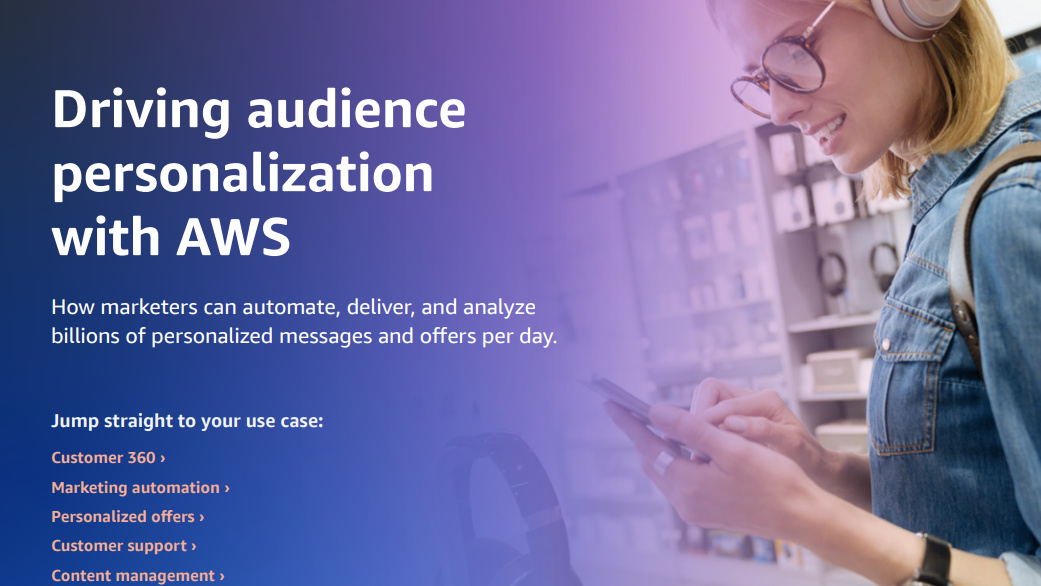NHS strikes robotics deal to automate back office functions
Two hospitals hope digitally transforming finance and HR functions will free up resources for front-line care


Sign up today and you will receive a free copy of our Future Focus 2025 report - the leading guidance on AI, cybersecurity and other IT challenges as per 700+ senior executives
You are now subscribed
Your newsletter sign-up was successful
American robotics firm Automation Anywhere has announced it has struck a deal with an NHS Trust to bolster the back-end operations of two London hospitals.
The firm's robotic process automation (RPA) technology will be brought into the Chelsea and Westminster Hospital NHS Foundation Trust to automate administrative tasks. The scope of this digital transformation will cover finance, HR, procurement and analytics in both the West Middlesex and the Chelsea and Westminster hospitals.
By creating a Centre of Excellence (CoE), the Chelsea and Westminster Hospital NHS Foundation Trust and robotics software firm Automation Anywhere are hoping to increase efficiencies by automating highly repetitive tasks.
"We strive to improve the quality of care and patient experience through the most efficient use of our resources," said the Trust's CFO Sandra Easton.
"Investment in technical excellence, like RPA, will help us make our corporate services more productive and efficient, enabling the Trust to provide the highest standard of patient care and offer the best value for money for the tax-payer.
"The implementation of the new Centre of Excellence enables us to deploy our workforce on tasks of greater value. However, we have no plans to reduce employee numbers."
An initial pilot has already automated a set of processes across the finance department. This first wave is touted to improve speed, efficiency and reduce turnaround time to lower costs. This aims to free resources that can instead be channelled into front-line patient care.
Sign up today and you will receive a free copy of our Future Focus 2025 report - the leading guidance on AI, cybersecurity and other IT challenges as per 700+ senior executives
Automation Anywhere's agreement with the NHS is a sign of the RPA industry's growing stock, with analysts projecting the technology will gain serious momentum over the coming years. For instance, Gartner research last year estimated the amount organisations will spend on RPA would hit $2.4 billion by 2022.
The Chelsea and Westminster Trust's ambitions mirror views that are reflected across a cross-section of the health-tech industry.
Oracle's director for UK healthcare Anne-Marie Vine-Lott told IT Pro in February that a great bulk of NHS digital transformation won't relate to installing tech that could assist clinical staff. Rather, streamlining back-end systems such as finance and HR would lead to inadvertent front-line benefits due to the reallocation of resources.
"I think change will come, but not necessarily in one go. We'll see early adopters lead the way, and then the rest of the business follow suit and take best practice from the pioneers," she said.
"A great example of success its already seeing is with the NHS Business Services Authority (BSA). They have used cloud-based analytics to help the NHS target 1.1bn in savings.
"Its already realised over 580m in savings by using big data analytics to understand where it could drive efficiencies in regards to the logistics working in the background for the NHS - for example, prescription payment.
"These savings can then be reinvested into the NHS to deliver better patient care. It's this sort of pioneering approach that will lead the way for the NHS."
Automation Anywhere says its intelligent automation technology could provide time-savings of up to 50% across the two hospitals. This implementation, if successful, will then serve as a model for rolling out RPA technology to automate back-office functions in UK hospitals on a far wider scale.

Keumars Afifi-Sabet is a writer and editor that specialises in public sector, cyber security, and cloud computing. He first joined ITPro as a staff writer in April 2018 and eventually became its Features Editor. Although a regular contributor to other tech sites in the past, these days you will find Keumars on LiveScience, where he runs its Technology section.
-
 Global IT spending set to hit a 30-year high by end of 2025
Global IT spending set to hit a 30-year high by end of 2025News Spending on hardware, software and IT services is growing faster than it has since 1996
-
 AI tools are a game changer for enterprise productivity, but reliability issues are causing major headaches – ‘everyone’s using AI, but very few know how to keep it from falling over’
AI tools are a game changer for enterprise productivity, but reliability issues are causing major headaches – ‘everyone’s using AI, but very few know how to keep it from falling over’News Enterprises are flocking to AI tools, but very few lack the appropriate infrastructure to drive adoption at scale
-
 Pegasystems teams up with AWS to supercharge IT modernization
Pegasystems teams up with AWS to supercharge IT modernizationNews The duo aim to create deeper ties between the Blueprint, Bedrock, and Transform services
-
 Better together
Better togetherWhitepaper Achieve more with Windows 11 and Surface
-
 Transforming the enterprise
Transforming the enterpriseWhitepaper With Intel and CDW
-
 The top trends in money remittance
The top trends in money remittanceWhitepaper Tackling the key issues shaping the money remittance industry
-
 Automate personalization with AWS
Automate personalization with AWSWhitepaper How marketers can automate, deliver, and analyze billions of personalized messages and offers per day
-
 How Kantar revamped its IT infrastructure after being sold off
How Kantar revamped its IT infrastructure after being sold offCase Study Being acquired by a private equity firm meant Kantar couldn’t rely on its parent company’s infrastructure, and was forced to confront its technical shortcomings

